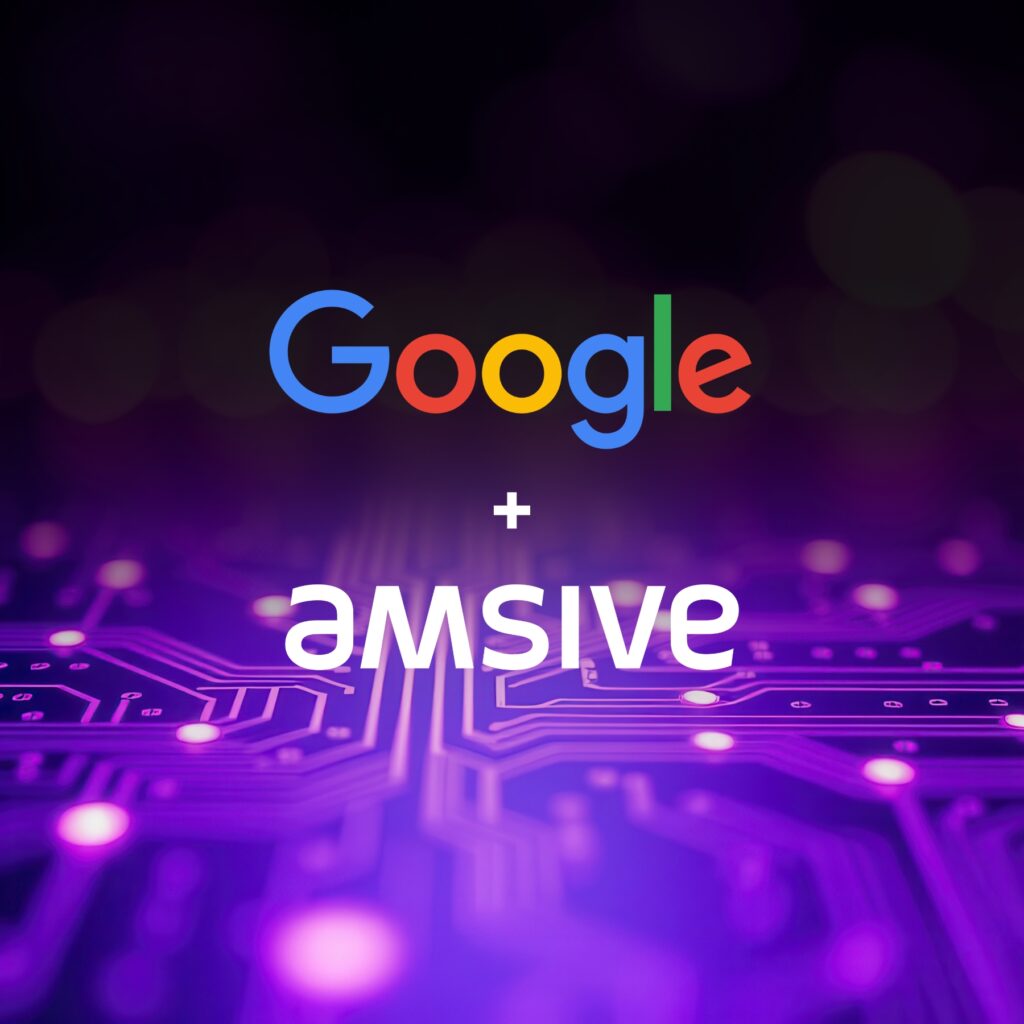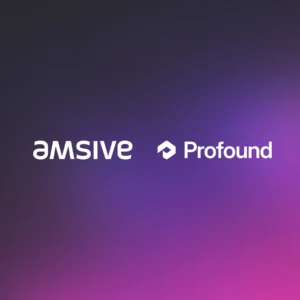For those who work in search engine marketing or AI, 2023 has been an exciting year, to say the least. In addition to OpenAI’s launch of ChatGPT in late 2022, and its seemingly endless updates and innovations ever since both Microsoft and Google have introduced new products that incorporate AI features directly into search.
Microsoft’s “New Bing” combines the power of ChatGPT’s brilliant conversational abilities with Bing’s real-time search results, and is rich with links to the sources it draws information from, plus links to other Bing features, like Bing Places results.
Google recently announced the Search Generative Experience (SGE), which offers similar functionality to Bing Chat, but with far fewer links. SGE is still in beta mode, and only a small subset of U.S. users currently have access. I’ve been heavily testing SGE with my beta access over the past several weeks and wanted to share my findings with regard to how helpful and effective the tool is, especially compared to Google’s current search results as we know them.
I have also created some new experiments to see whether and how Bing Chat and Google SGE can pick up on the changes I made to my personal website. This can serve as an initial indication of how easily we can attempt to affect AI-driven search results for our clients and our personal brands and companies.
Initial thoughts about AI-driven search products and results:
- Bing Chat is currently my favorite of all the chatbots and AI search features. Bing Chat is rich with links to sources, and combining live search results with ChatGPT technology creates a fun and engaging way to search with largely accurate results.
- Bing Chat is more “self-aware” than Google SGE (to the extent that an AI can be self-aware) in the sense that it knows when it can provide a good answer or not. SGE often attempts to answer things that it probably shouldn’t, resulting in mediocre-quality results or worse.
- Google’s SGE results are often redundant with other existing SERP features on Google, like Featured Snippets and Google Maps, which already largely show the same information.
- Google SGE changes every day and is clearly improving all the time. It’s too early to make conclusive statements about how SGE will look once rolled out for the general public (if at all?)
- Bing Chat shows significantly more links in its AI answers than Google SGE. Google SGE usually only provides links in carousels from the sites where it draws information. However, the current UX doesn’t make it entirely evident that Google cited external sources.
- In some cases, Google SGE is pulling information directly from website content, without clear attribution or links. Google has already responded to this feedback and will hopefully improve this issue over time.
- Google SGE is still a work in progress, but it often shows troublesome, inaccurate, or simply unhelpful information.
- Influencing SGE and Bing Chat is certainly possible, though not always reliable. Directly editing website content appears to be sufficient to get content to “stick” in Bing Chat, but Google seems to rely on multiple sources for corroborating information. Third-party mentions and ensuring information is accurate across sites will be extra important for ensuring accuracy in AI results.
Lily Ray’s conference slides from SEOnthebeach
Below are my slides from the SEOnthebeach 2023 conference in Murcia, Spain, where I shared some of my findings and new experiments:
Note: the original presentation contains videos that have been flattened as a result of converting this presentation to a PDF.
Staying up to date on the upcoming AI features in search is only one part of a data-centric, performance-driven strategy, giving you the power to know more and do more. Dig deeper into how Google’s latest reviews update elevates real-life experience, or let’s talk about how to achieve more for your marketing — and your business.







